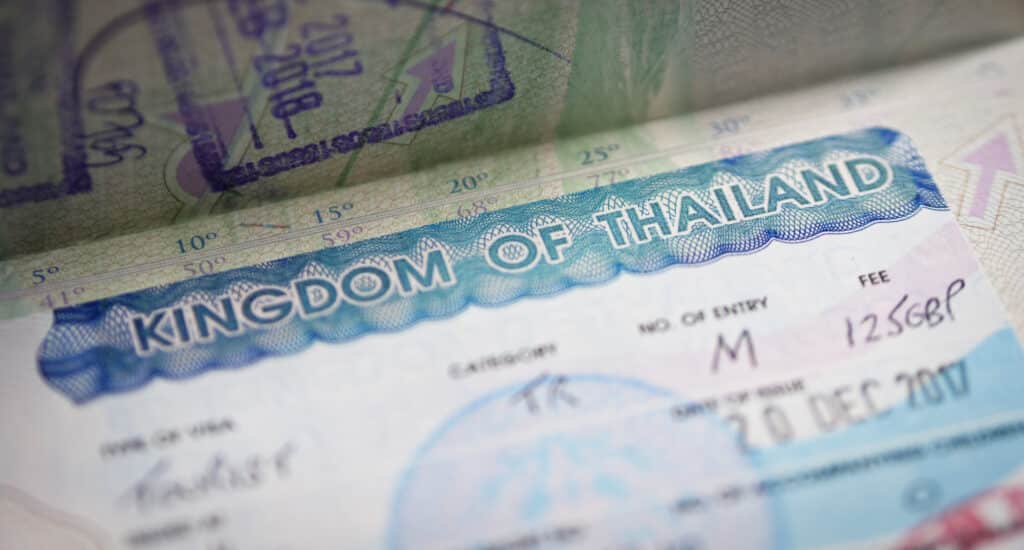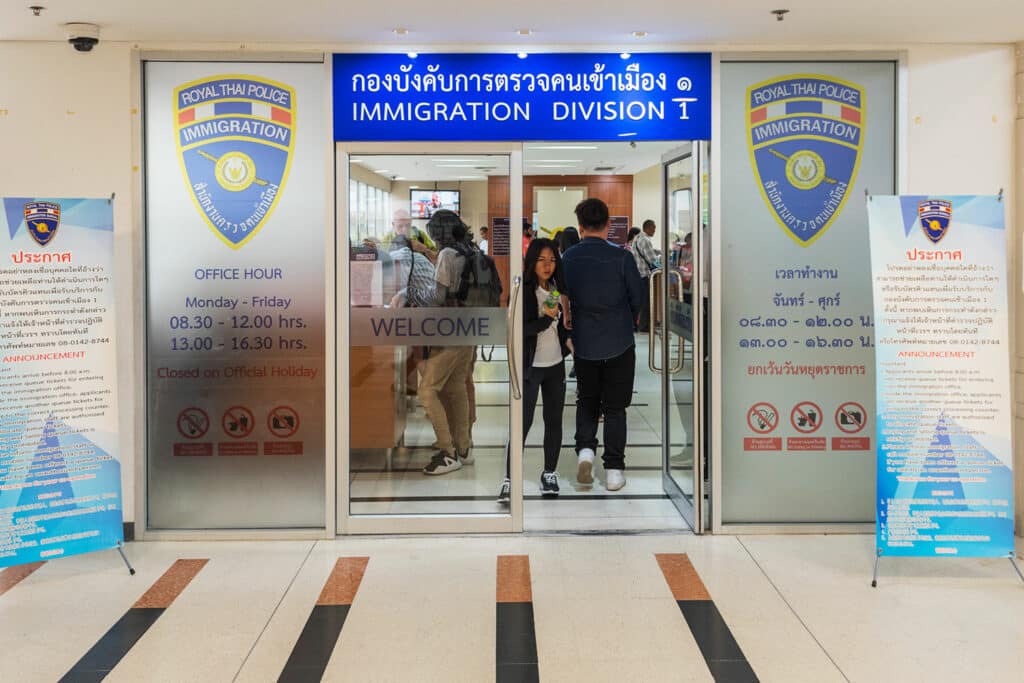If you are here, that means you have read How to Get Permanent Residency in Thailand – Part 1. Continue reading to know the application requirements and process of getting permanent residency in Thailand.
Introduction
Thailand has everything for everyone, from hi-tech metropolitan metropolises to royal coastal resorts with miles of beaches, picture-perfect islands, abundant farms and fields stocked with exotic fruits and animals, and beautiful mountains and large national parks that must be seen to be believed.
Because of its excellent medical and dental tourism business, Thailand attracts many foreign retirees. Tourists travel to the nation every year to obtain anything from laser eye surgery and root canals to hip replacements and cosmetic improvements for a fraction of the cost elsewhere. Many expats are relocating to Thailand for these services and for this country’s beauty. Continue reading to know the application requirements and process of getting a permanent residency in Thailand.

Application Requirements for Permanent Residency in Thailand
To be able to apply for a permanent residency in Thailand, you must have been in Thailand for at least three years on a Non-Immigrant Visa. To be eligible, you must be holding the same type of non-immigrant visa for three full consecutive years, and you must still be on the same non-immigrant visa when you apply.
You must also be able to fulfill one of the following criteria in order to apply for permanent residency in Thailand:
- Investment Category: Have a minimum investment of 3 million Baht in a Thai limited or public business, a Thai state-issued security corp, a security corp of a Thai state enterprise, or the Thai stock market.
- Business Category: For at least one year, you must have been an executive officer and a signatory of a Thai-registered business with a capital of at least ten million Baht, and you must have earned at least 50,000 Baht per month for two years previous to submitting the application. This work must also be considered to be relevant to the Thai economy.
- Employment Category: Earned at least 80,000 Baht per month for two consecutive years or submitted a tax return for a 100,000 Bhat annual income or more for two consecutive years, held a work permit for at least three years, and worked for at least one year at your present employer.
- Humanity Category: Married to a Thai national or have a Thai citizen as a parent or child.
- Expert Category: Have a Bachelor’s degree or higher education and employment in a position that needs him or her to stay in Thailand for at least three years.
Case-by-case consideration will be given to other conditions and backgrounds.
The list of documents you’ll need for your application may vary depending on the category and circumstances of your application. You must first call the immigration office where you intend to apply and inquire about the documents needed. You’ll need to bring the following documents with you:
- Your passport, both the original and a copy, as well as copies of all essential pages.
- Your Tabien Baan (House Registration Book), both the original and a copy
- 12 passport-sized (4 x 6 cm) images taken within 6 months of your application
- All fees are payable in cash.
Application Process for Permanent Residency in Thailand
All applications for permanent residency in Thailand must be submitted at a Royal Thai Immigration Office. It should be noted that permanent residency in Thailand is subject to an annual limit, with a maximum of 100 people per nation being given each year.
This visa is often only evaluated between October and the end of the year.
You will receive a blue residency book once your application for a Thai Permanent Residence Visa has been accepted. You must register your place of residence in Thailand at the local Amphur after receiving this book, following which you will obtain a home card.

After receiving your residency certificate, you can apply at your local police station for an alien book (red book). Your alien book will serve as your Thai national ID card, and it must be renewed annually.
Your permanent residency in Thailand never expires until it is revoked, however if you leave and re-enter Thailand without securing a re-entry permission, your visa may be canceled.
After ten consecutive years as a permanent resident in Thailand, you can seek to become a naturalized Thai citizen.
Interview and Testing
You will be interviewed by an immigration officer in a Thai Immigration Office as part of the application process for a permanent residency in Thailand. You’ll be questioned about the papers you’ve supplied, as well as your history and religious views. All of your responses will be recorded, and following the interview, you will be requested to sign the forms.
In addition, you will be required to answer ten multiple-choice questions. These questions will be written in Thai, however if you don’t know how to read Thai, the immigration officer will be able to assist you.
You will also be requested to give a presentation of yourself in Thai language, which will be recorded on video.
What is a Re-Entry Permit?
If you intend to leave and re-enter Thailand while holding a Thai Permanent Residence Visa, you must first get a re-entry permit to avoid having your visa cancelled.
A re-entry permit can be obtained through a Thai Immigration Office or an International Airport. The prices are 1,000 Baht for a single re-entry permit and 3,800 Baht for a multiple re-entry permit.
If you’re re-entering Thailand, make a note of your re-entry permit number on your immigration arrival form so that your visa may be re-activated.
Conclusion
Relocating to Thailand and acquiring a permanent residency in Thailand is something that you won’t regret in your life. Before applying for this visa, or any visa, make sure you verify with the Thai Embassy for the most up-to-date information and regulations.
If you think you are eligible for permanent residency in Thailand, talk to an expat advisor for an expert advice. If you simply want to visit Thailand as a tourist, please contact the nearest Thai Embassy or Consulate to find out which visa restrictions apply to you before traveling to Thailand. A tourist visa should be sufficient if you are only a leisure traveller.
Pained by financial indecision? Want to invest with Adam?

Adam is an internationally recognised author on financial matters with over 830million answer views on Quora, a widely sold book on Amazon, and a contributor on Forbes.



